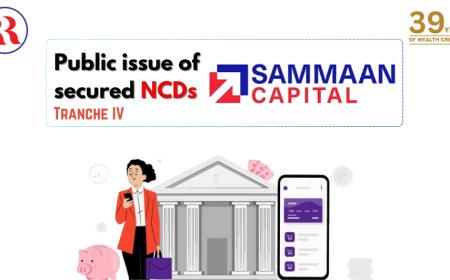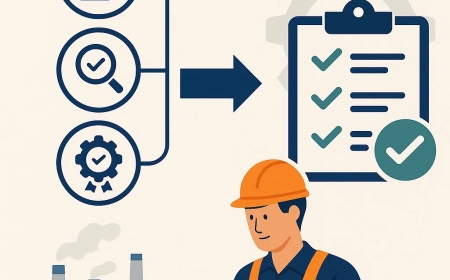Is the Khula Procedure in Pakistan Truly a Path to Justice for Women?

Khula Procedure In Pakistan stands as a legal pathway for women to seek separation from their husbands without the husband's consent. Rooted in Islamic jurisprudence and integrated into the country's legal framework, khula offers a vital option for women facing irreconcilable differences or hardship within marriage. However, the question remains: is the khula procedure in Pakistan truly a path to justice for women, or does it still present legal and societal challenges that hinder fair access?
Understanding Khula in the Pakistani Legal System
Khula, derived from Islamic law, allows a Muslim woman to seek a judicial divorce by returning her dower (mehr) or other benefits received from the husband. Under Pakistani law, particularly the Family Courts Act of 1964, women can file for khula in the Family Court by stating reasons such as cruelty, desertion, non-support, or incompatibility.
The woman must file a suit for dissolution of marriage on the basis of khula, generally in the court of the area where she resides. Once the case is filed, the court issues a notice to the husband and both parties are summoned for a hearing. If reconciliation fails and the court finds valid reasons, the decree of dissolution is granted. The woman may be required to forgo her mehr, as a traditional gesture to "release" the husband from the marital bond.
Legal Framework vs. Social Realities
While the legal pathway is clearly defined, navigating the khula procedure can be daunting due to social pressures, financial constraints, and procedural delays. Many women are unaware of their rights or are discouraged from pursuing khula due to familial stigma or threats of social exclusion.
Moreover, although the law does not mandate the husband's consent, some judges may encourage mediation or delay proceedings to seek mutual reconciliationprolonging a womans struggle for separation. In rural areas, traditional norms often override legal rights, making it nearly impossible for women to file for khula without significant resistance.
Court backlogs and inadequate legal representation further add to the burden. A woman may face months of uncertainty before the decree is granted, especially if the husband contests the suit or avoids appearing in court. Additionally, the fear of losing custody of children or being financially unstable after separation often discourages women from initiating the process.
Is the Procedure Fair and Accessible?
Theoretically, the Khula Procedure In Pakistan is designed to empower women and provide them with a legal exit from an unhappy marriage. Yet, in practice, the procedure remains partially inaccessible due to economic, legal, and social hurdles. In some cases, the return of mehr and the loss of financial support leave women vulnerable post-divorce.
Another pressing concern is the role of legal professionals. Without qualified legal aid, many women are left to navigate the complex legal maze on their own. There is also a need for sensitization within the judiciary to ensure that khula petitions are handled with urgency and empathy.
The Role of Legal Experts in Supporting Women
Legal support plays a pivotal role in enabling women to access khula effectively. Firms like Hamza & Hamza Law Associates have been instrumental in guiding women through the khula procedure, ensuring that their legal rights are upheld and that their cases are handled with discretion and professionalism.
With a strong understanding of both Islamic and family law, Hamza & Hamza Law Associates assist clients in preparing documentation, filing petitions, and representing them in family courts. Their team also provides emotional and legal counseling to help women feel empowered throughout the process.
Conclusion
While the khula procedure in Pakistan is a legal mechanism intended to protect and liberate women from oppressive marital conditions, its practical application still falls short in many ways. Legal reform, better access to legal aid, public awareness, and judicial efficiency are essential to transform khula into a truly accessible and just solution.
For women seeking guidance and support in navigating this complex process, Hamza & Hamza Law Associates stand out as a reliable legal partner, committed to ensuring that justice is not just a legal right but a lived reality.


































